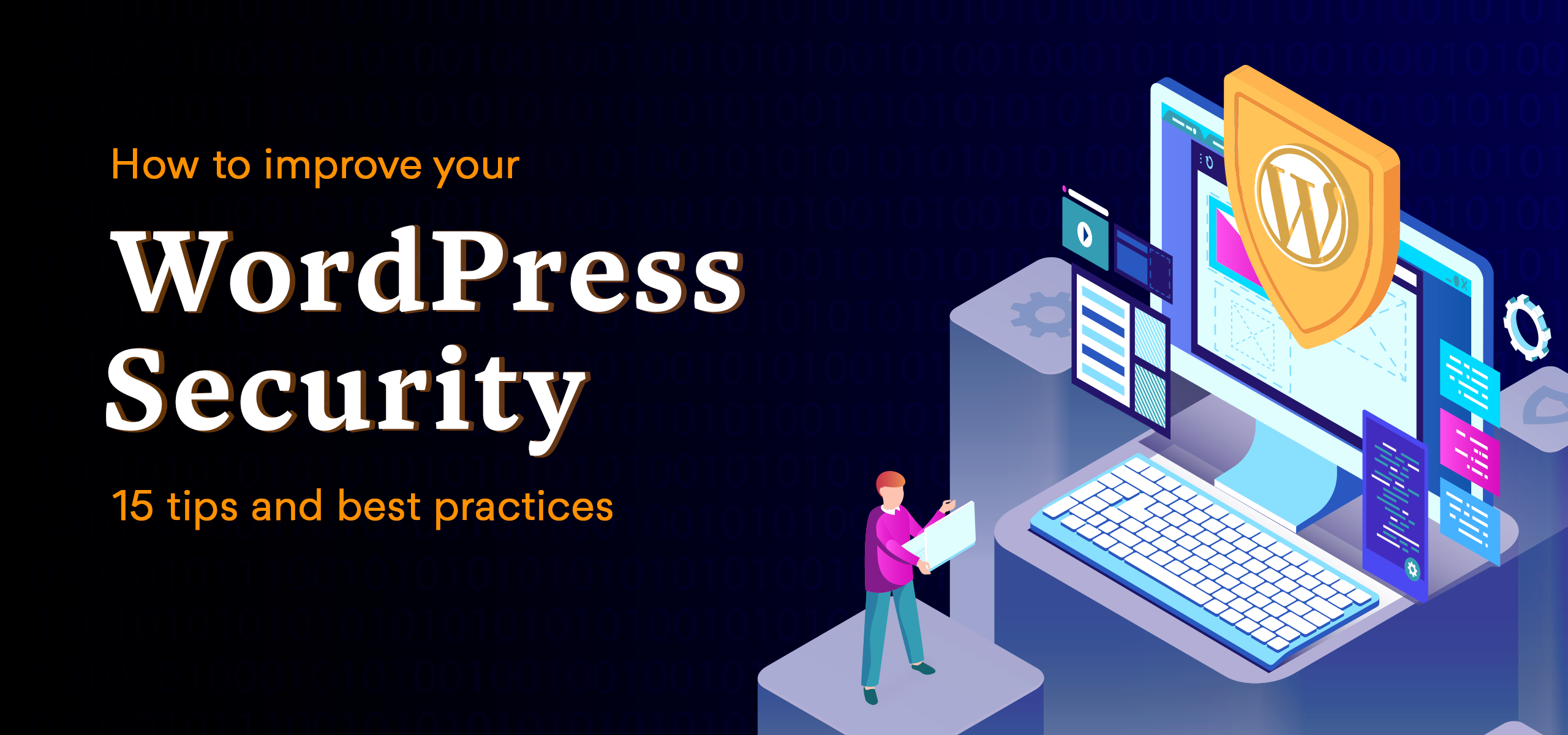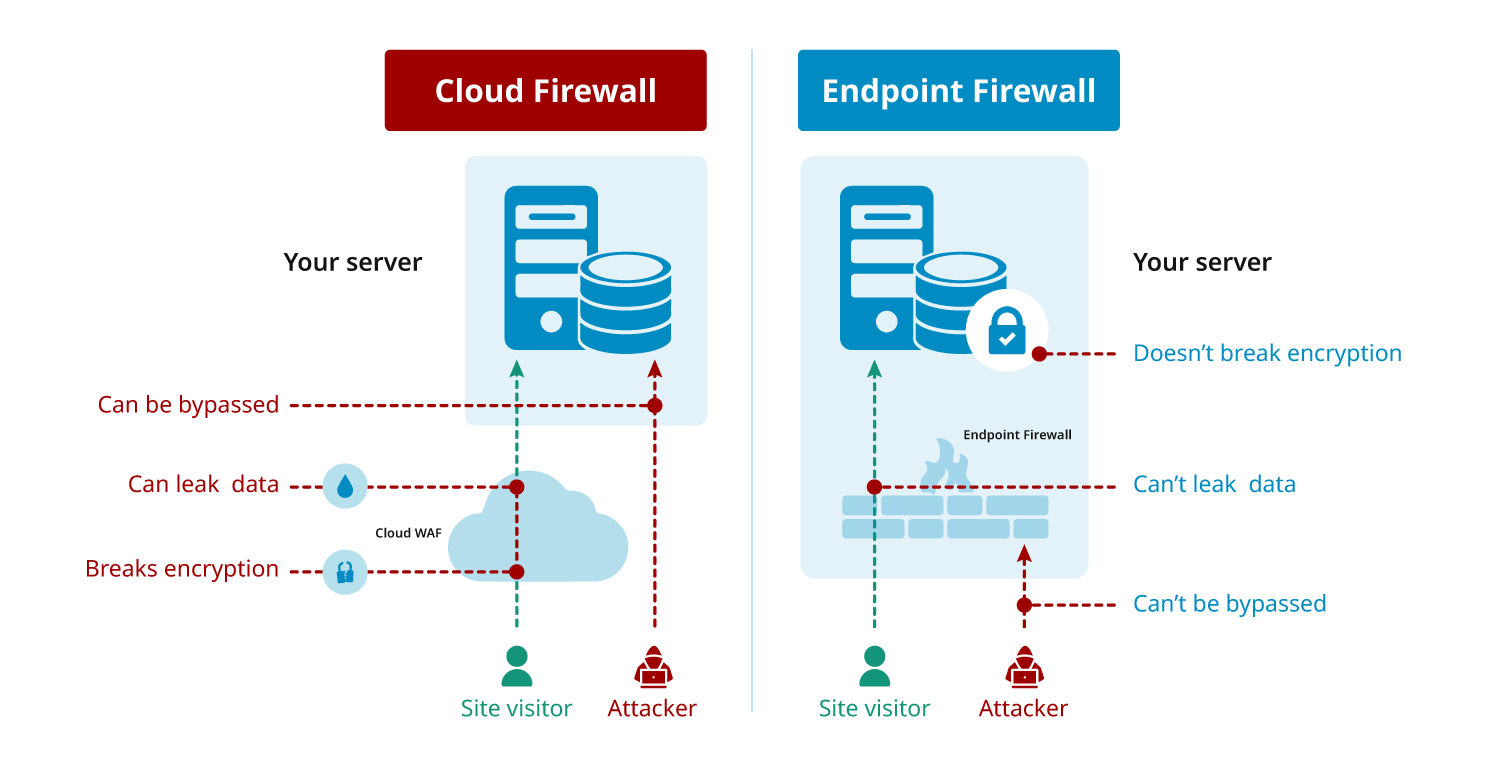The Relationship Between Security and SEO in WordPress
A secure WordPress site is not just about protecting user data—it also directly influences search engine rankings. Search engines, especially Google, prioritize secure, trustworthy websites, making security a foundational element of modern SEO strategy.
How Security Enhances SEO
HTTPS as a Ranking Factor
Google explicitly uses HTTPS as a ranking signal. Websites served over HTTPS encrypt data between the server and the user, which builds trust and helps prevent data interception. Sites without HTTPS may be flagged as “not secure” in browsers, increasing bounce rates and harming rankings. Enabling HTTPS is straightforward on WordPress, often requiring only a free SSL certificate from your host and a plugin to enforce secure connections.
Protection Against Malware and Hacking
A compromised site can be blacklisted by Google, effectively removing it from search results until the issue is resolved. Malware, phishing, or defacement not only damages user trust but can also lead to manual penalties from search engines, causing long-term SEO harm. Regular updates, security plugins, and malware scanning help prevent these issues.
Site Availability and Crawlability
Security breaches can lead to downtime or server overload, making your site temporarily unavailable to both users and search engine crawlers. If Googlebot cannot access your site reliably, your pages may drop in rankings or disappear from search results entirely. Proper security measures ensure consistent site availability, which is critical for SEO.
User Experience and Trust
Security headers, correct file permissions, and secure hosting contribute to a safer user experience. A secure site displays trust indicators (like the padlock icon), reducing bounce rates and encouraging longer visits—both positive signals for SEO.
Key Security Practices That Support SEO
| Security Practice | SEO Benefit | Implementation Tips |
|---|---|---|
| Enable HTTPS/SSL | Higher rankings, user trust | Use host-provided SSL, force HTTPS |
| Regular updates | Prevents exploits, maintains crawlability | Update core, themes, plugins |
| Strong passwords & 2FA | Reduces risk of compromise | Enforce complex passwords, use 2FA |
| Security plugins | Blocks attacks, scans for malware | Install Wordfence, Sucuri, etc. |
| Backups | Quick recovery from attacks | Schedule regular backups |
| Security headers | Prevents XSS, clickjacking | Configure via plugin or server |
| Limit login attempts | Reduces brute force attacks | Use plugins to restrict attempts |
Common Pitfalls
- Ignoring HTTPS: Sites without HTTPS risk lower rankings and user distrust.
- Outdated Software: Unpatched vulnerabilities are a top cause of hacks, which can lead to SEO penalties.
- Weak Access Controls: Compromised admin accounts can deface or inject malicious content, harming SEO.
- No Backups: Without backups, recovery from an attack is slow, prolonging downtime and SEO impact.
Conclusion
Security and SEO are deeply interconnected in WordPress. A secure site not only protects your data and users but also ensures your content remains visible and ranks well in search engines. Implementing foundational security measures—HTTPS, regular updates, strong access controls, and proactive monitoring—directly supports and enhances your SEO efforts. Neglecting security can undo even the most sophisticated SEO strategies, making it essential to balance both disciplines for long-term online success.





